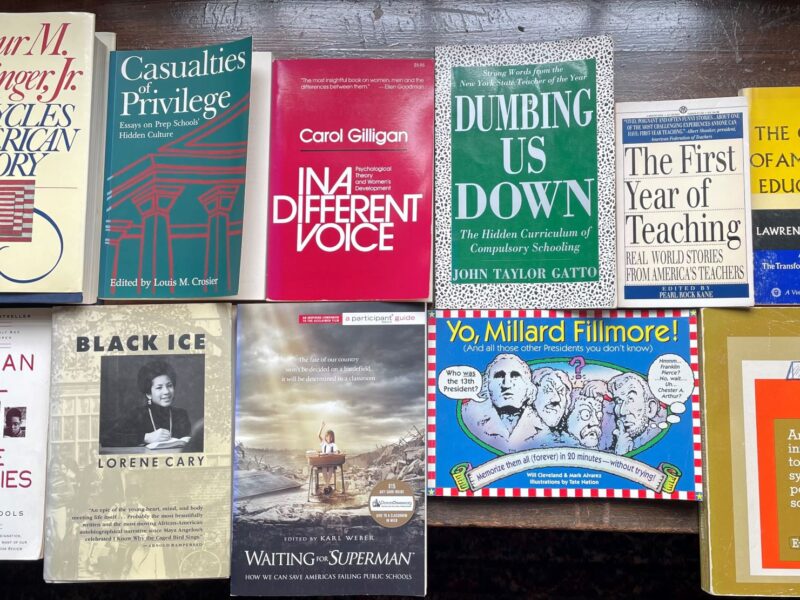Here’s an excerpt from the March 1995 issue of Malcolm’s Monthly, a newsletter I wrote during my headmaster days (1987-98):
There is a must-read trilogy for all headmasters: John McPhee’s The Headmaster tells the story of Frank Boyden’s 66 years (not a misprint!) at Deerfield; The Rector of Justin by Louis Auchincloss; and Richard Hawley’s The Headmaster’s Papers , a novel written in the form of letters to and from a boarding school headmaster. A passage from Hawley’s book eerily synthesizes the uniformly negative experiences I have had in working with kids involved with drugs.
There was, at the beginning, real confusion about drugs, confusion about what sort of problem they were. We are no longer confused. We have had a good deal of experience now of students who smoked pot, took pills, inhaled cocaine, and so on, and as I say, we are no longer confused. Some of us here can remember school when there were no drugs whatsoever on the scene, except liquor which, killer and thief of human promise that it is, has at least been a familiar part of the social fabric of Western life since antiquity. As I say, some of us were working here before the drug scene, worked here through the early days of the drug scene, and are still here. The changes we have seen in drug-using boys are uniform. Let me summarize them as I see them.
- They do poorer school work and less of it than formerly, never better and more.
- They drop team and other organizational commitments; never add team and other organizational commitments.
- They initiate less activity not connected to getting and using drugs.
- They are harder to interest and arouse.
- They care less about non-drug-taking friends, about family, and about others in general than they did before their involvement with drugs.
- They do not perceive or attach feelings to dramatic personal and academic losses and may even claim that they are functioning better and thinking more clearly than before.
- They increasingly organize themselves socially around drug-taking and associate predominantly with other drug-taking friends, even when there is no other basis of shared interest.
…I know of no family or school where the corporate life has remained unaltered or been improved by drug use.
For me, Hawley’s key point lies in the last sentence: Drugs may not always make life markedly worse, but they never make them better. The way I see working with kids is pretty simple: anything that isn’t part of the solution is probably part of the problem.


